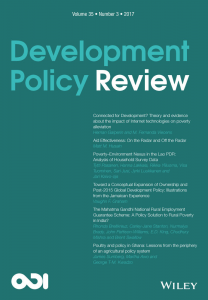Why College Educators Who Care about Critical Thinking Need to Pay Attention to White Privilege and the Tucson Unified School District
“I don’t know if I should be saying this right now,” sophomore Allie stated, her eyes making a cautionary sweep of the room, even though except for us it was empty, and the door had long been shut. White and well-off, she held a prestigious academic scholarship and took many of her courses through a selective honors program. But not this course: “[The professor] was a nice lady, but she felt like she had to tie every single thing she...







1728-4457/asset/PopulationCouncilLogo.jpg?v=1&s=03074651676b98d6b9d0ef1234bd48fe7ff937c3)